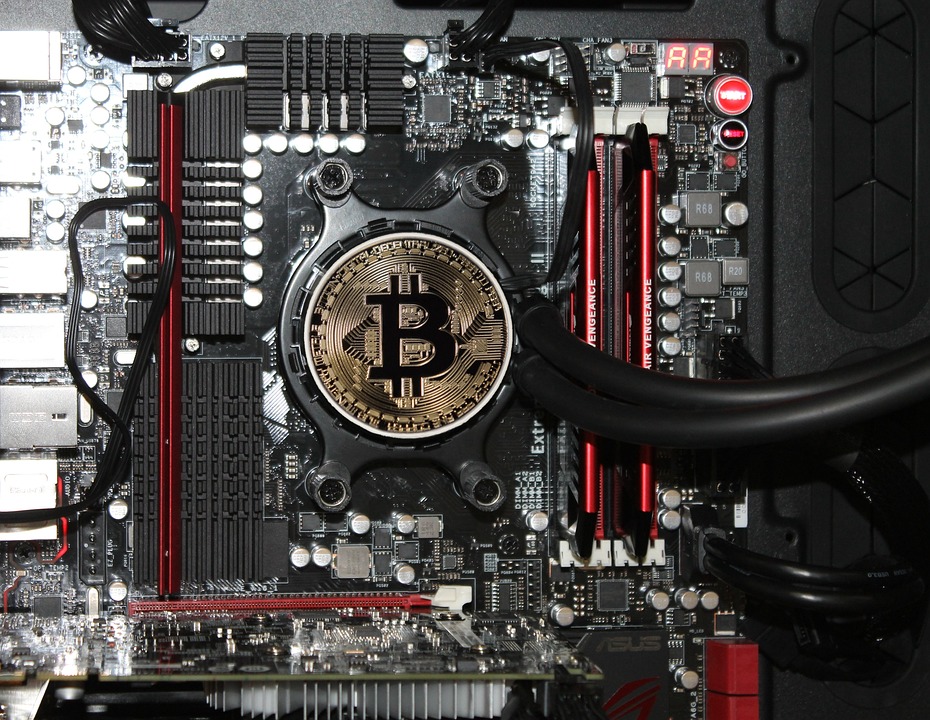As the world becomes increasingly digitized, decentralized technologies are becoming more prevalent. From blockchain and cryptocurrencies to decentralized finance and autonomous organizations, navigating the decentralized landscape presents both opportunities and challenges for businesses and individuals alike.
One of the key opportunities that decentralized technologies offer is greater control and security over personal data. Decentralized systems operate on a peer-to-peer network, meaning that data is not stored in a central location that can be targeted by hackers. This can help protect against data breaches and unauthorized access, giving users more confidence in the security of their information.
Additionally, decentralized technologies can enable more efficient and transparent transactions. Blockchain, for example, allows for secure and immutable record-keeping, reducing the risk of fraud and improving accountability. Smart contracts, which are self-executing contracts with the terms of the agreement directly written into code, can automate processes and cut down on administrative costs.
Decentralized finance (DeFi) is another area of opportunity within the decentralized landscape. DeFi platforms are removing traditional intermediaries, such as banks and brokers, and enabling peer-to-peer transactions for lending, borrowing, and trading. This not only provides greater financial inclusion for individuals who may be excluded from traditional banking services, but also offers the potential for higher returns on investments.
However, navigating the decentralized landscape is not without its challenges. One of the biggest obstacles is the lack of regulatory clarity. Governments around the world are still grappling with how to regulate decentralized technologies, with some countries embracing them while others are taking a more cautious approach. This regulatory uncertainty can create barriers for businesses looking to adopt decentralized solutions, leading to a lack of mainstream adoption.
Additionally, the complexity and technical nature of decentralized technologies can be intimidating for those who are not well-versed in the space. Understanding concepts like blockchain, smart contracts, and decentralized governance structures can be a steep learning curve for newcomers, requiring time and effort to fully grasp.
Another challenge is the potential for security vulnerabilities within decentralized systems. While decentralized technologies offer improved security in many ways, they are not immune to attacks. Smart contracts, for example, have been targeted by hackers in the past, resulting in significant financial losses for users. Ensuring the security of decentralized systems requires constant vigilance and ongoing efforts to identify and address vulnerabilities.
Despite these challenges, the opportunities presented by the decentralized landscape are vast. Businesses and individuals who are able to navigate this new paradigm stand to benefit from increased security, efficiency, and transparency in their operations. By staying informed, seeking out reputable sources of information, and collaborating with experts in the field, it is possible to harness the potential of decentralized technologies and thrive in this rapidly evolving landscape.




